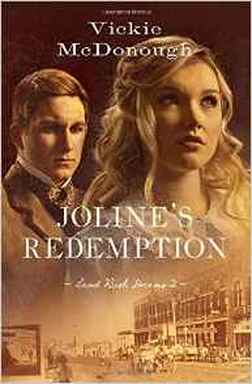 Interview by Brock Eastman Featuring Joline’s Redemption Joline has fallen as far as any woman can. Jo’s lofty dreams of love and luxury evaporated when her ne’er-do-well husband left her pregnant and alone. After a series of increasingly bad decisions, Jo finds herself at a crossroads: swallow her pride and seek refuge at her sister’s home or risk losing her infant son. She chooses the first option, even though she knows the man she’s running from will come after her, and she needs to move farther away. To earn money for the journey, she goes to work for her estranged husband’s brother, Baron. But Jo has a long list of secrets she’s keeping from Baron—namely her son, Jamie. Jo intrigues Baron, and he finds himself falling in love with her. But when he discovers she’s his brother’s castoff, he closes his heart. Baron has been cleaning up his younger brother’s messes most of his life, and Jo is one mess he refuses to tackle. All too soon, Jo’s past catches up with her, and she realizes the disaster she’s made of her life. Is it possible that God can redeem a woman who has fallen as far as she has and give her hope and peace for a happy future? A historical romance that beckons to modern day issues. Vickie McDonough Brock: How did you come up with the idea for this book? or What was your inspiration for writing this book? Vickie: I was born and raised in Oklahoma and have long been fascinated with my state’s unique history. The part of Oklahoma that l live in was once the Creek Indian Nation. When the Indian lands in Oklahoma were opened for settlement by non-Indians, the government chose a series land runs as the means for deciding who got a homestead or town lot. The first person to the land won it. My series title is Land Rush Dreams, and it features the 1889 and 1893 land runs and the 1901 land lottery. Brock: Tell us about the main characters. Who are they? What makes them unique? Vickie: In book one of my series, Gabriel’s Atonement, the heroine has a rebellious, bratty younger sister name Joline aka Jo. Their parents died in a fire when the girls were young, and it really affected Jo. I knew the second book would feature her, and with all the bad choices she made, her life was bound to be difficult. She’s stubborn and tenacious, which is how she survives all dreadful things that come her way. The hero is Baron Hillborne. He’s the oldest son of a wealthy businessman who owns a chain of mercantiles. He has often been tasked with cleaning up the messes his younger brother, Mark, has made. When he comes to Guthrie to reopen the store that Mark started and then abandoned, he sees it as just another mess to clean up. Baron is the good son, patient and dependable, respectful, honest, and trustworthy. He’s the kind of man Jo thinks would never be attracted to her, especially when he learns that she’s just another one of Mark’s mistakes. Brock: Give us one fact about each main character that no one else knows. Vickie: Okay. Um…let’s see. The last thing Jo would ever do is return to her sister’s home, but for the sake of her son—did you know she had one?—she’ll do even that. Baron is partially colorblind, which can be challenging since he runs a store. Brock: In three sentences, what is this book about? Vickie: Joline has fallen as far as any woman can. She once had lofty dreams of love and luxury, but she made a series of dreadful decisions, leaving her bereft of all hope. Jo has a long list of secrets to keep and always has to look over her shoulder, as the man she’s running from may show up anywhere, anytime. Brock: How do you believe this story relates to the lives of readers? Vickie: People often feel that God can’t love them because of the things they’ve done. I hope to show them that isn’t true. God loves you no matter what you’ve done—no matter what bad choices you’ve made. Brock: Any certain research required for the book? Vickie: Yes, I had to research the Cherokee Strip land run. I knew quite a bit about the land runs, but when you write a book, there are many little details you need to know to make the book historically accurate and interesting. Brock: Are you working on the next book in the series? Vickie: Yes, I’m close to finishing Sarah’s Surrender. Readers first meet Sarah in Joline’s Redemption, when the half Cherokee/half Irish girl runs away with Jo from the place they are staying. Brock: If your book changed as you wrote it, how is it different than how you originally planned? Vickie: I did a lot of research, trying to find just the right Cherokee Indian name for Sarah. I settled on Chiyah, which means “in the shadows.” It was the perfect name for the quiet, little girl that Jo helps. During the editing process, my editor challenged me on whether the name was actually Cherokee. I looked it up again and was surprised to discover that the name is Cherokee after all, but a name from India. Somehow I missed that fact when researching. In the end, I deleted all references of Chiyah and settled on giving her a regular name. The Cherokees were part of the Five Civilized Tribes, and many had had English names for generations, so it wasn’t unbelievable for my character. I hated giving up the name that fit so well, but I had to be accurate. And besides, in Joline’s Redemption, Chiyah actually changed her name to Sarah when she became a Christian, so I just changed it sooner. Brock: Baron is an odd name for a hero. How did you come to choose it? Vickie: I’m kind of picky about my hero and heroine names. It has to be something I like and also one that was historically accurate. Baron is probably pushing the limits for that, but it seemed to fit my hero. How did I think of it? I had a friendly man come to my house to install a gas fireplace, and that was his name. I liked it and thought it would fit the hero in Joline’s Redemption. I even set up the story to show that Baron’s mother was fascinated with English aristocracy. Mark, Baron’s brother, was named Marquis, but he hated it and never used it. Brock: Can you tell us about the land lottery that is featured in Sarah’s Surrender? Vickie: After the craziness of the land runs where many people were injured and the many lawsuits concerning who owned certain homesteads, the government felt they needed a more organized and fairer way of deciding who won a homestead. They held a massive lottery in which tens of thousands of people signed up. Then there was a drawing for the homesteads. The officials numbered the envelopes as they were drawn, and on a later date, the winners, starting with the first name drawn, got to choose which section of land he/she wanted. It was much less hectic than the land runs and fairer for all who entered. 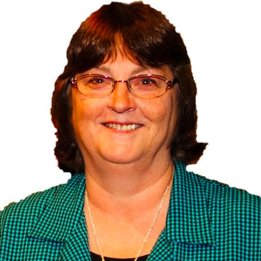 Author Website: VickieMcdonough.com Author Facebook: facebook.com/VickieMcDonough?fref=ts Author Twitter: twitter.com/vickiemcdonough Author Pinterest: pinterest.com/VickieMcDonough/
0 Comments
Leave a Reply. |
Follow meArchives
May 2024
Categories
All
|
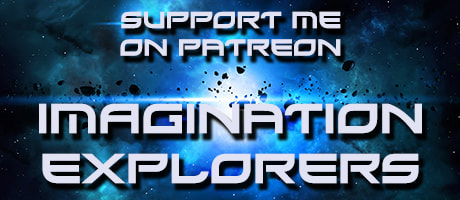
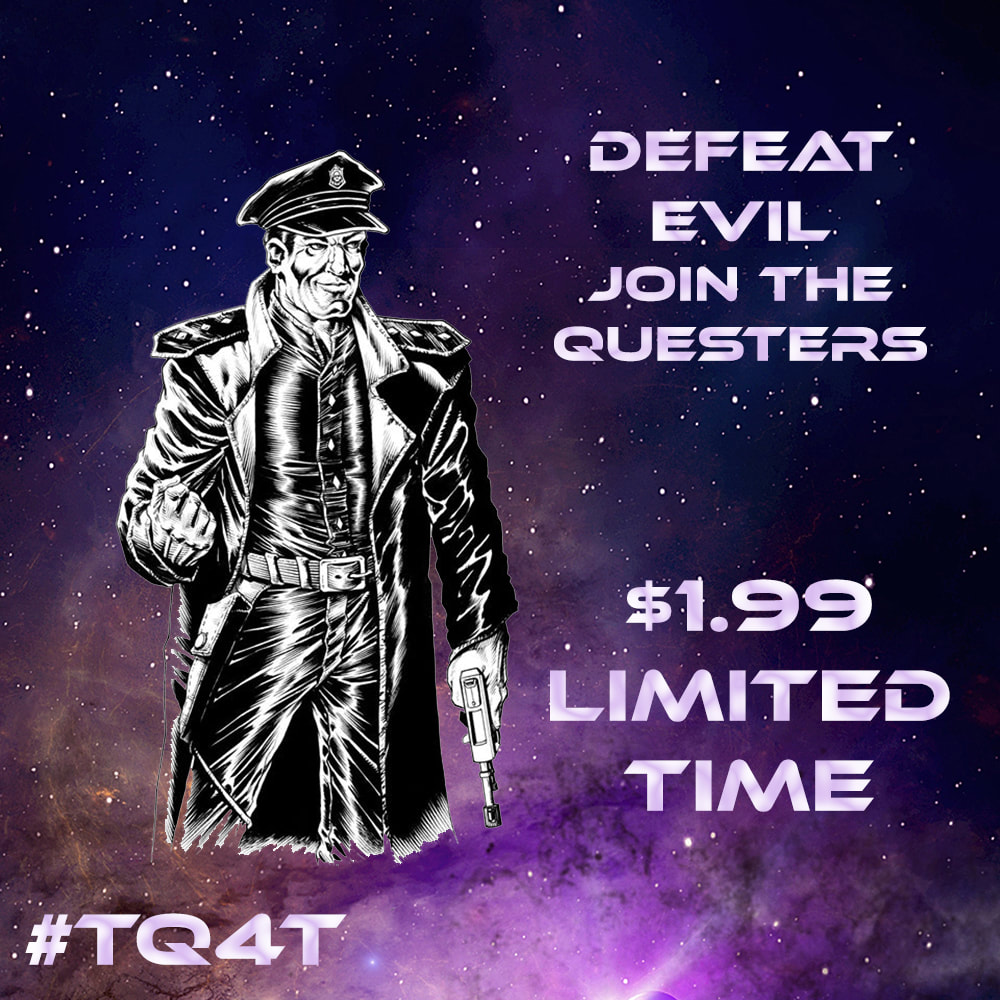
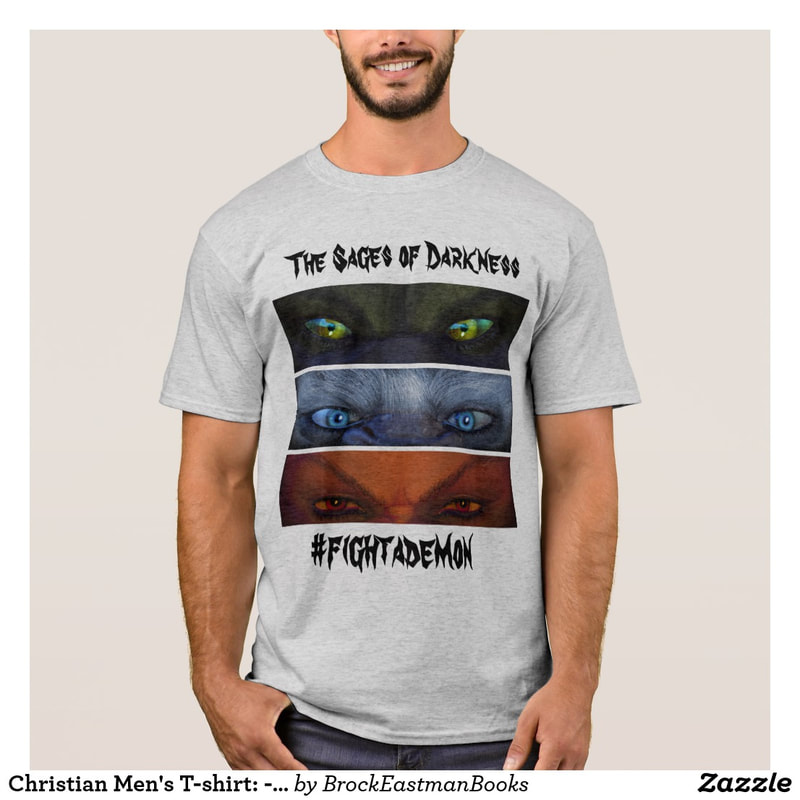

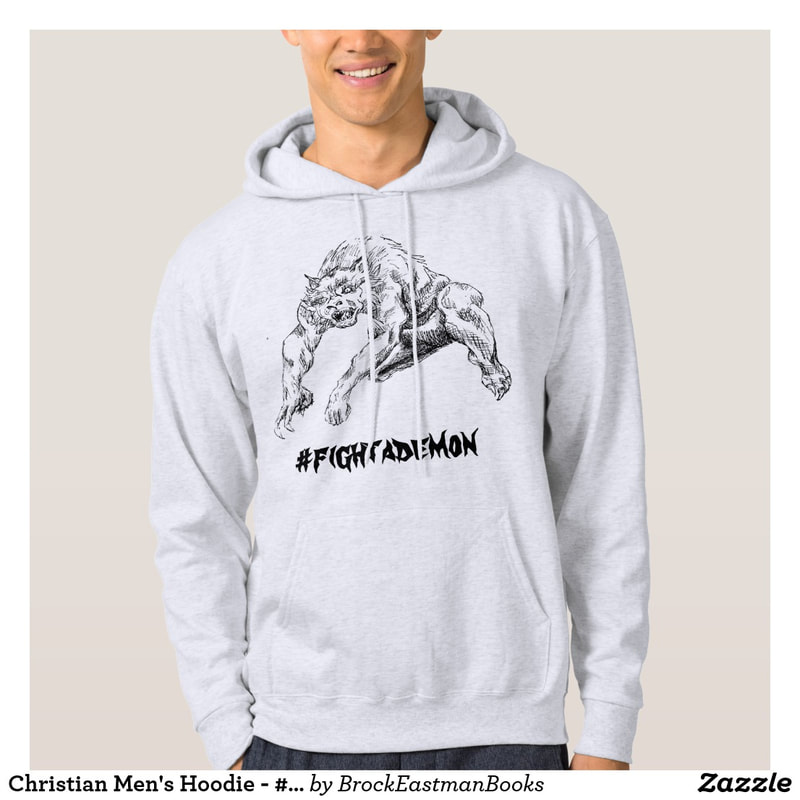
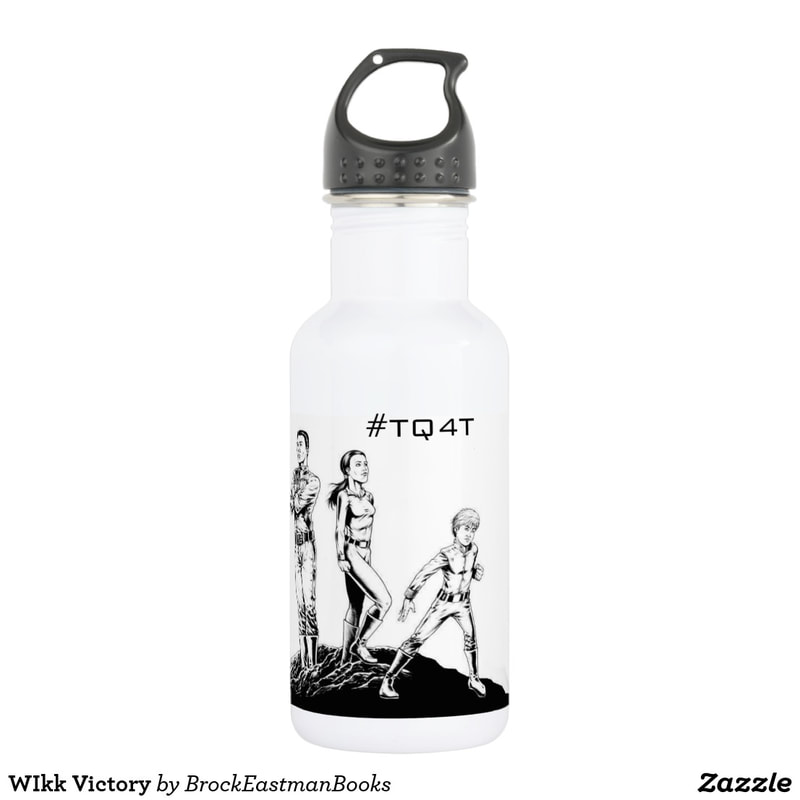
 RSS Feed
RSS Feed